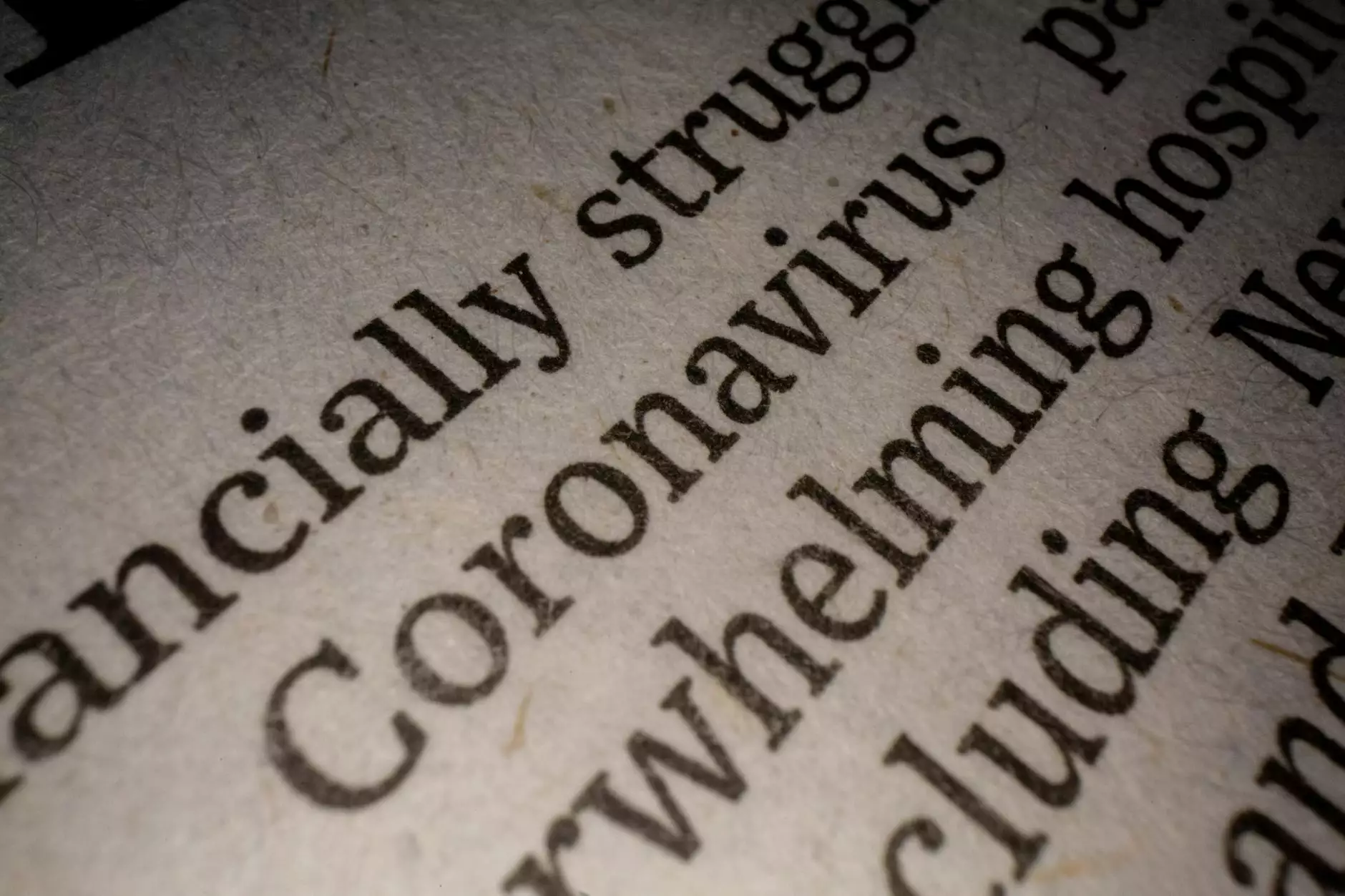The Basics Of Defamation Law

Understanding Defamation Laws
As a leading provider of court reporting services in the legal and government sector, Baytowne Reporting aims to provide valuable insights and guidance on the basics of defamation law. Defamation is a legal term commonly used in the context of protecting an individual's reputation from false statements that could potentially harm their character, career, or personal life.
What is Defamation?
Defamation refers to the act of making false statements that harm the reputation of an individual. It can occur in two forms:
- Libel: Defamation in written or printed form, such as articles, blog posts, or social media posts.
- Slander: Defamation in spoken form, such as verbal statements or speeches.
Key Elements of Defamation
In order to prove defamation, certain key elements need to be established:
- False Statement: The statement made must be proven to be false. Opinions, however, typically fall under freedom of speech.
- Publication: The false statement must be communicated to a third party, either orally or in written form.
- Harm: The false statement must have caused harm to the individual's reputation, resulting in damage.
- Fault: In many jurisdictions, the individual must prove that the false statement was made with negligence or with malicious intent.
Categories of Defamation
Defamation can be further categorized into two main types:
- Public Defamation: When false statements are made about public figures, celebrities, or individuals who play a significant role in the public eye.
- Private Defamation: When false statements are made about an individual who is not a public figure.
Defamation Laws - A Closer Look
Defamation Law in United States
The United States has specific defamation laws, which vary slightly by state. In general, to prove a defamation claim, the plaintiff must demonstrate:
- Comprehensible Harm: The individual must show evidence of harm to their reputation due to the false statement.
- Falsity: The statement must be proven as false and not a subjective interpretation.
- Publication: The false statement must be communicated to a third party.
- Negligence or Malice: The individual must demonstrate that the false statement was made with negligence or malice.
International Defamation Laws
Defamation laws can vary considerably between countries and jurisdictions. It is essential to consult with legal professionals when dealing with international defamation cases or if publishing content with an international reach.
Potential Defenses Against Defamation
Truth as a Defense
In many jurisdictions, truth can serve as a defense against defamation claims. If the statement made is true, it may be difficult for the plaintiff to prove harm to their reputation.
Opinion as a Defense
Expressions of opinion are generally protected as free speech, as long as they cannot be interpreted as stating false facts. However, it is crucial to exercise caution when expressing opinions to avoid potential defamation claims.
Privilege as a Defense
Privilege can provide a defense against defamation when certain contexts are present, such as legislative proceedings, court hearings, or remarks made in good faith during employment evaluations.
Seek Professional Legal Assistance
Navigating the complexities of defamation law requires expert guidance. Baytowne Reporting, with its experience serving the legal and government sector, can provide valuable assistance in understanding defamation laws and their implications. We pride ourselves on our commitment to accuracy and professionalism, making us the ideal partner for all your court reporting needs.
In Conclusion
Defamation law plays a crucial role in protecting an individual's reputation from false statements that could potentially harm their personal and professional life. Understanding the basics of defamation law is essential for individuals and businesses alike. Baytowne Reporting aims to empower individuals with comprehensive knowledge in this area and provide reliable support throughout the legal process.










